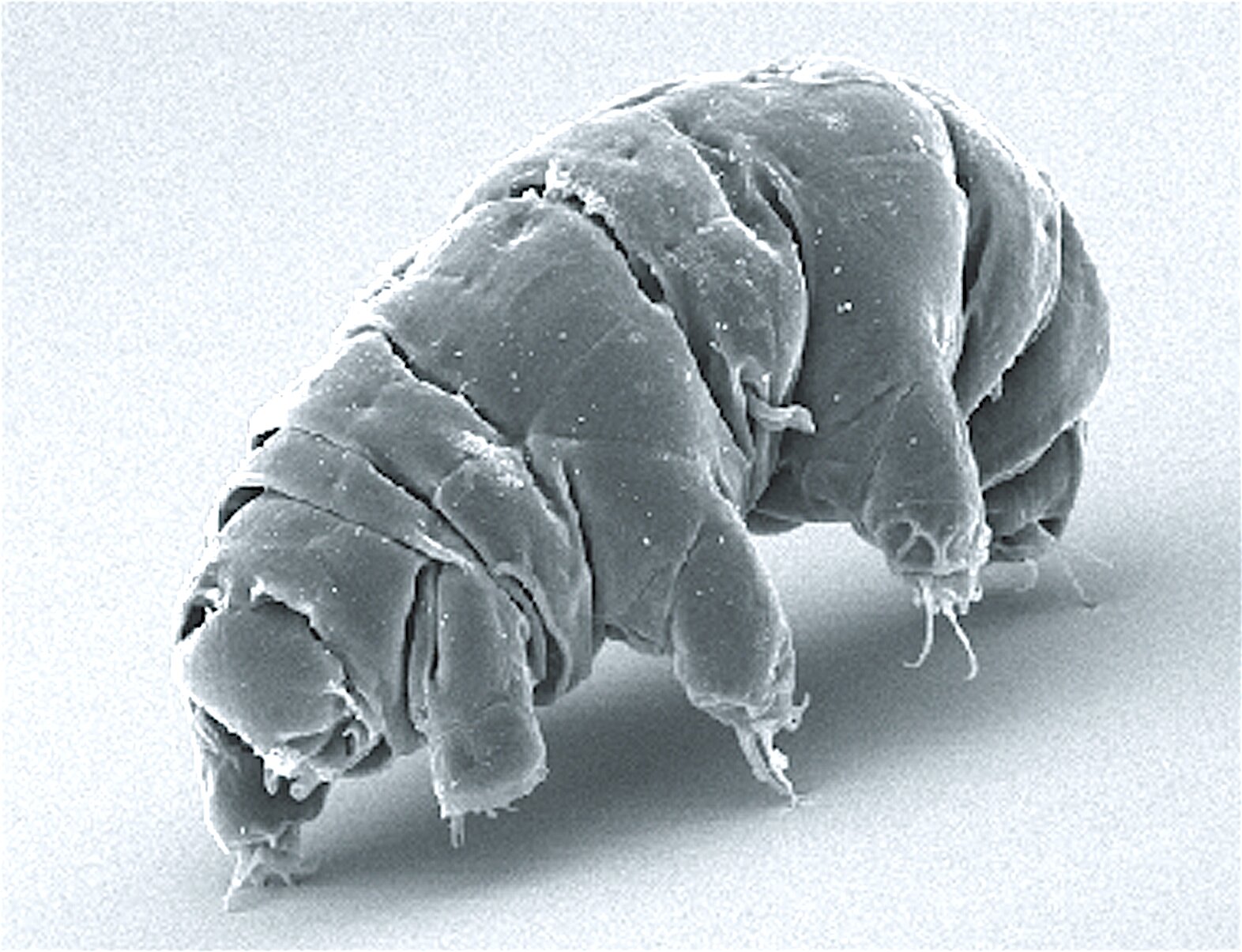A groundbreaking discovery by researchers at the University of North Carolina at Chapel Hill reveals that tardigrades, known for their ability to survive extreme conditions, have a unique reaction to radiation.
“We were truly amazed by what we observed,” stated Goldstein. “The behavior of tardigrades defied our expectations.”
For the past 25 years, Goldstein’s lab has been at the forefront of studying tardigrades, uncovering the remarkable strategies these microscopic creatures employ to endure environments that would be fatal to most living beings.
Decades ago, scientists found that tardigrades could withstand radiation levels far beyond human tolerance. Courtney Clark-Hachtel, a former postdoctoral scholar in the lab, delved into how tardigrades manage to survive such intense radiation. She discovered that while radiation does cause DNA damage in tardigrades, these resilient creatures possess the ability to repair extensive genetic harm.
Clark-Hachtel and Goldstein were astonished to learn that tardigrades can significantly boost the production of DNA repair genes. Unlike humans, tardigrades can elevate the expression of DNA repair genes to unprecedented levels, making them some of the most abundant gene products in the animal kingdom.
2024-04-16 02:00:03
Original post available on phys.org




















